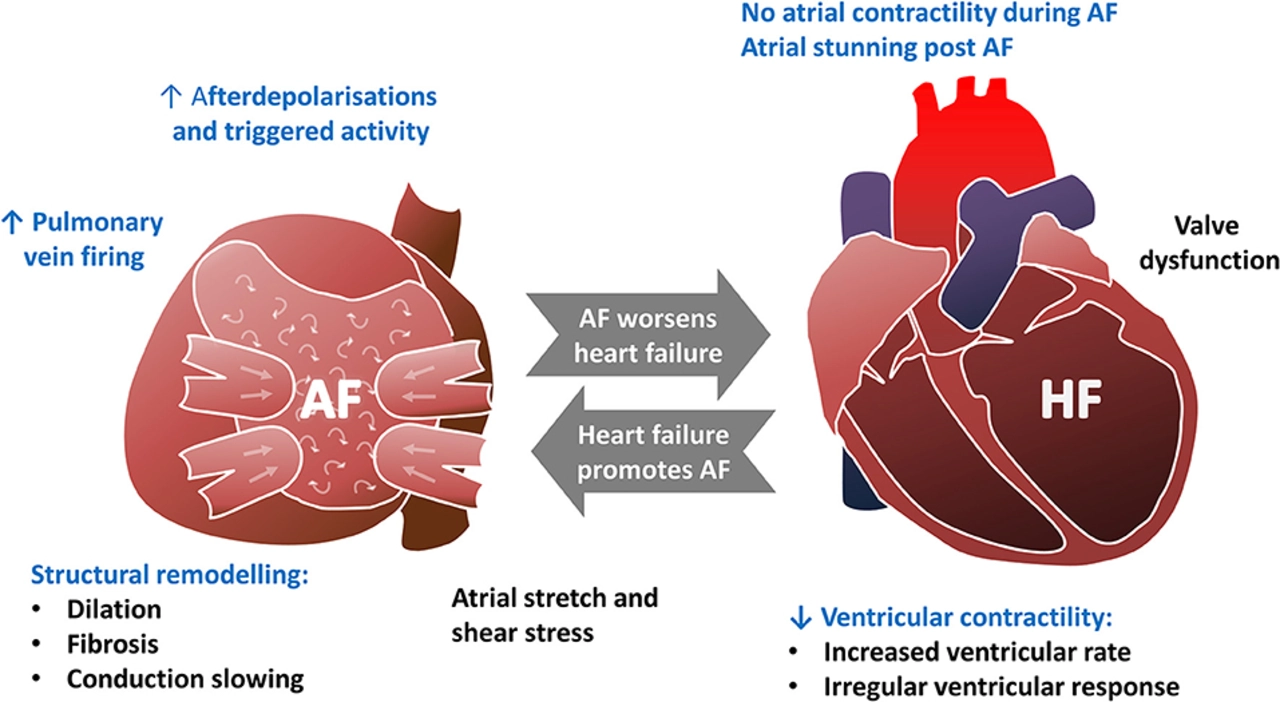Understanding Heart Failure and Carvedilol
Before diving into the benefits of carvedilol for heart failure patients, it's essential to understand what heart failure is and how carvedilol helps. Heart failure is a condition where the heart cannot pump blood efficiently, leading to a lack of oxygen and nutrients for the body's organs and tissues. Carvedilol is a type of beta-blocker medication that works by blocking the action of certain chemicals in the body that affect the heart and blood vessels. This, in turn, helps the heart work more efficiently and improves blood flow.
Reducing Hospitalizations and Improving Survival Rates
One of the most significant benefits of carvedilol for heart failure patients is its ability to reduce the risk of hospitalization and improve survival rates. Studies have shown that patients taking carvedilol have a lower chance of being hospitalized due to heart failure complications. Additionally, carvedilol has been found to improve overall survival rates in heart failure patients, making it a crucial part of managing this condition.
Improving Symptoms and Quality of Life
Another benefit of carvedilol for heart failure patients is its ability to improve symptoms and overall quality of life. Many heart failure patients experience shortness of breath, fatigue, swelling, and difficulty exercising. By helping the heart pump more efficiently, carvedilol can alleviate these symptoms, allowing patients to participate in daily activities and enjoy a better quality of life.
Enhancing Exercise Tolerance
Exercise is an essential part of managing heart failure, and one of the benefits of carvedilol is its ability to enhance exercise tolerance in patients. With improved heart function and reduced symptoms, patients taking carvedilol can participate in more physical activity. This, in turn, helps to strengthen the heart, improve overall health, and reduce the risk of further heart-related complications.
Slowing Down Disease Progression
Carvedilol also plays a role in slowing down the progression of heart failure. By improving heart function and reducing the strain on the heart, carvedilol can help prevent the condition from worsening over time. This is particularly important for patients with advanced heart failure, as slowing down disease progression can mean the difference between a manageable condition and one that is life-threatening.
Reducing the Risk of Irregular Heartbeats
Finally, carvedilol can help reduce the risk of irregular heartbeats, also known as arrhythmias. Heart failure patients are at an increased risk of developing arrhythmias, which can be life-threatening. By stabilizing the heart's electrical activity, carvedilol can help prevent these dangerous irregularities and provide an added layer of protection for heart failure patients.
In conclusion, carvedilol offers numerous benefits for heart failure patients, including reducing hospitalizations, improving survival rates, enhancing quality of life, increasing exercise tolerance, slowing down disease progression, and reducing the risk of arrhythmias. With proper management and the inclusion of carvedilol in a patient's treatment plan, heart failure can become a more manageable condition, allowing patients to live healthier and more fulfilling lives.


5 Comments
Rushikesh Mhetre
April 27, 2023 AT 05:10Wow, this article really pumps you up about carvedilol! It's awesome how the drug cuts down hospital trips and gives patients a real boost in confidence! The way it improves heart efficiency is like giving the heart a turbo‑charger! Plus, feeling less short‑of‑breath means you can actually enjoy daily walks again! Keep spreading the word, this stuff is a game‑changer for heart failure warriors!
Sharath Babu Srinivas
April 27, 2023 AT 05:20Carvedilol truly rocks for heart health! 😊
Halid A.
May 25, 2023 AT 09:33When managing heart failure, the inclusion of carvedilol in a comprehensive therapeutic plan is strongly supported by clinical evidence. The drug’s beta‑blocking properties lessen myocardial oxygen demand, which directly contributes to improved hemodynamics. Moreover, randomized trials have demonstrated a statistically significant reduction in all‑cause mortality among patients adherent to carvedilol therapy. It is essential, however, to initiate treatment at a low dose and titrate gradually to mitigate potential bradycardia or hypotension. Regular monitoring of blood pressure and heart rate, particularly during dose adjustments, ensures patient safety and optimal efficacy. Additionally, patients should be educated about the importance of adherence, as missed doses can lead to rebound tachycardia. Lifestyle modifications, such as sodium restriction, fluid management, and structured aerobic exercise, synergize with pharmacologic therapy to enhance functional capacity. The combination of carvedilol with angiotensin‑converting enzyme inhibitors or angiotensin receptor blockers yields additive benefits in remodeling prevention. Clinicians must also assess renal function periodically, given the interplay between heart failure and kidney perfusion. In cases of advanced disease, carvedilol may still provide symptomatic relief and reduce arrhythmic events, though careful risk‑benefit analysis is advised. Patient‑centered counseling about potential side effects, such as fatigue or dizziness, prepares individuals to manage expectations. It is worthwhile to involve multidisciplinary teams, including pharmacists and cardiac nurses, to reinforce education and monitor compliance. For individuals with comorbidities like diabetes, carvedilol’s neutral effect on glycemic control is advantageous compared to other beta‑blockers. Finally, the evidence suggests that sustained use of carvedilol can decelerate disease progression, translating to fewer hospital admissions and an enhanced quality of life. Maintaining open communication channels between patients and healthcare providers remains a cornerstone of successful heart failure management.
Brandon Burt
May 25, 2023 AT 09:43Hmm, the piece does a decent job laying out the benefits of carvedilol, but gosh it reads a bit like a promotional flyer, doesn't it? The claims about reduced hospitalizations are solid, yet the article skimps on discussing potential side effects that might deter some patients. Also, while the exercise tolerance boost sounds great, we need more data on how that translates across different age groups. The writing is thorough, but a few more real‑world anecdotes could make the information more relatable. Anyway, overall it's a respectable overview; just wish there were a bit more balance between pros and cons.
Gloria Reyes Najera
June 29, 2023 AT 02:53Yo this carvedilol thing is just another pharma push dont trust them they overhype it, especially in the US where meds are overpriced. i think real health comes from diet and exercise not some pill you gotta take forever.